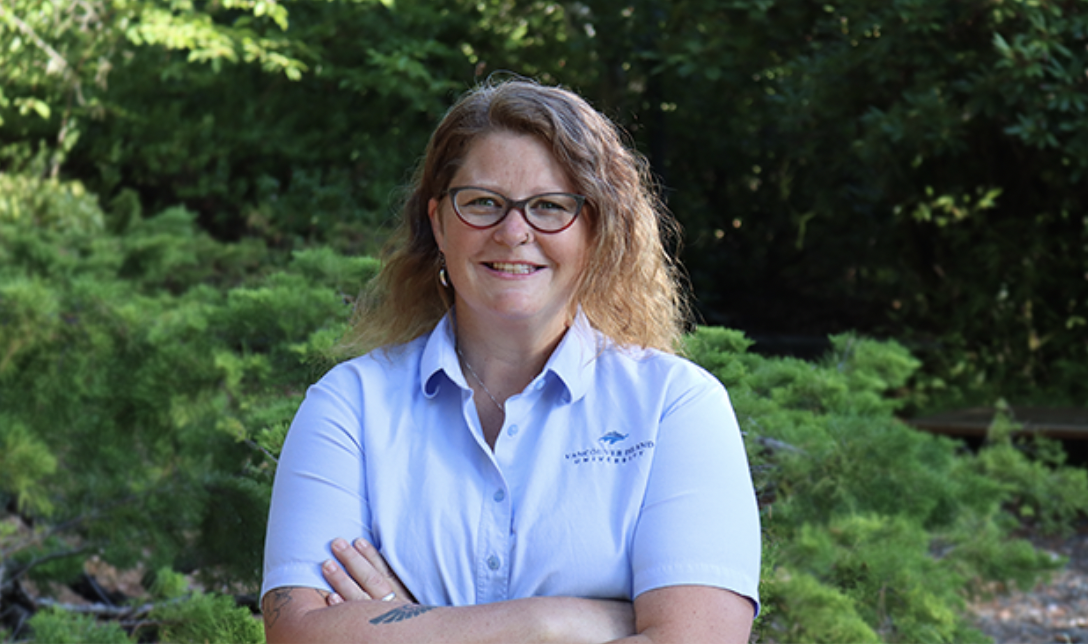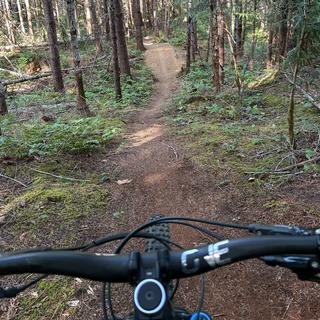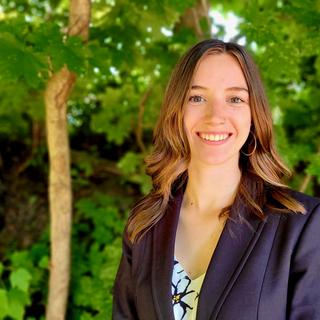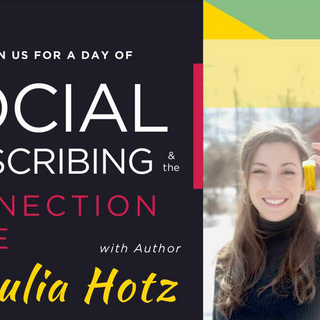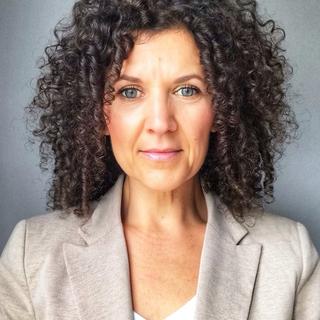Dr. Aggie Weighill is participating in a two-phase research project that aims to develop a more resilient, post-pandemic model of recreation delivery.
How people view the role and importance of physical activity in the well-being and social togetherness of their community is a question that Vancouver Island University (VIU) Recreation and Tourism Professor Dr. Aggie Weighill is looking to answer as part of a new research project in the Yukon.
The project, a partnership between the World Leisure Centre of Excellence (WLCE) at VIU and the Recreation and Parks Association of the Yukon (RPAY), is comprised of two phases: a resident survey which runs until October 31, and a meeting with recreation practitioners in the territory. The research team includes the WLCE's Joanne Schroeder and Dr. Suzanne de la Barre.
“What RPAY is trying to do is develop a more resilient, active recreation model and look at ways to promote particular activities that people were able to continue doing despite health restrictions,” says Weighill.
And while RPAY itself doesn’t deliver recreation programs directly, it works to empower others to adopt active healthy lifestyles by supporting recreation providers throughout the territory and looking at territory-wide programming.
“One of the things we’ve seen during the pandemic is that traditional sport impacted greatly due to factors such as close contact and indoor facilities,” says Weighill. “On the flipside, we saw an explosion in activities like hiking, camping and biking, where smaller, unorganized groups or individuals were able to maintain these activities because they weren’t reliant on government-controlled facilities.”
She notes this project isn’t so much about changing people’s behaviour, as it is about looking at how to promote engagement and physical activity across the spectrum when “things are good,” and maintain that promotion of physical activity when traditional venues can’t be accessed due to outside factors such as the pandemic.
“The survey is not about sport, it’s about all forms of physically active recreation, what people are doing in the winter and summer, and how these activities were impacted by public health restrictions,” says Weighill.
Primary components of the study are focused on developing comparative measures, “to see whether or not people’s activity levels reported during the pandemic phase differed significantly from pre-pandemic levels,” she adds.
According to Weighill, if sport is the primary focus from a physical activity perspective, that can be problematic.
“When we look at traditional physical education programs that are not only facility-based, but also team-based, those were the sectors that were hardest hit and shut down the longest. If that was your primary means of physical activity, it was also likely highly influential on your mental as well as physical health,” she says.
During the project’s second phase, Weighill and her team will travel to Haines Junction, YK, to meet with recreational practitioners at a conference.
While at the conference, “we’re going to run a world café and ask recreation practitioners to take a forward trajectory into the future – what did they learn during the pandemic, what have they been witnessing in their communities and, looking down the road, how can we help design a recreation delivery system that still meets the needs of the community, should similar health measures or other restrictions be in place?”
“We need to start looking at how we teach people about physical activity and how we engage them in active leisure so that we’re looking from a long-term health and wellness perspective, versus just participation in the child and youth adolescent development," says Weighill.
Funding for the research will be comprised of $20,000 from the research grant, and $5,000 in in-kind, or direct expenses that RPAY will pay out. A final report will be due to RPAY by the end of this calendar year.
“I think what excites me the most about this project is that it is really about looking to the future and highlighting why leisure matters,” says Weighill. “The pandemic highlighted this for us on so many levels, and this project will help us highlight that in a very specific context, and hopefully shape a future system that can be much more resilient.”
-30-
Media Contact:
Eric Zimmer, Communications Officer, Vancouver Island University
P: 250.618.7296 | E: Eric.Zimmer@viu.ca

